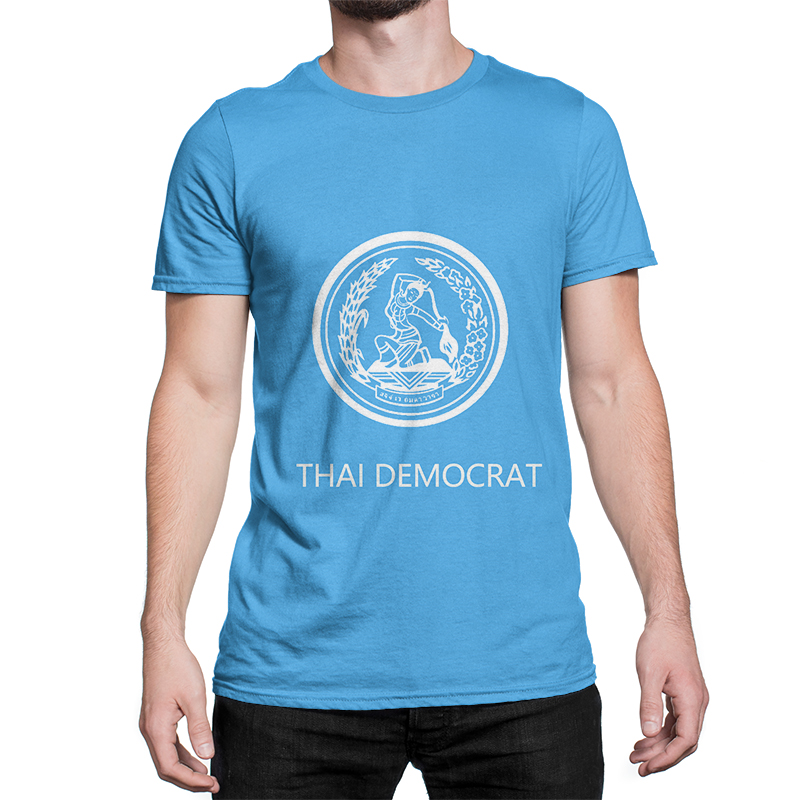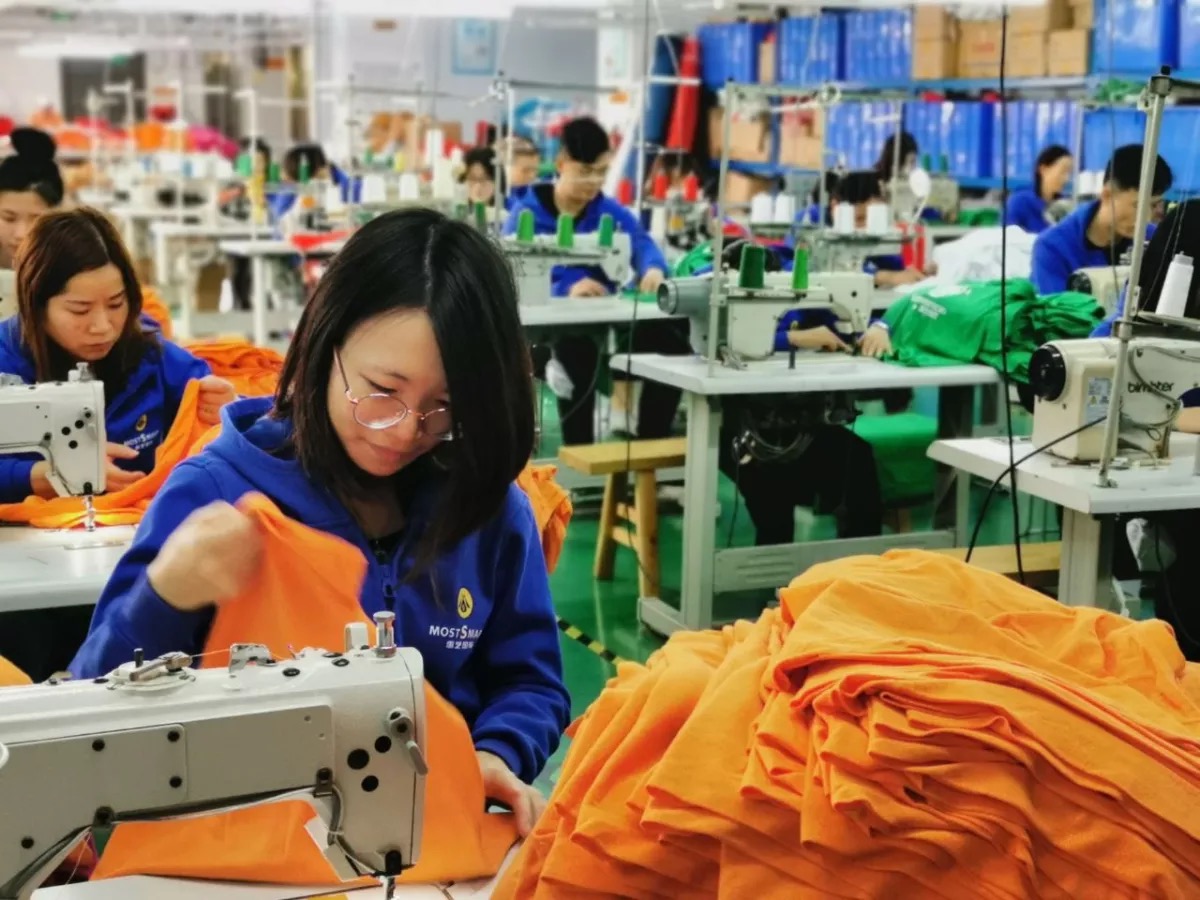
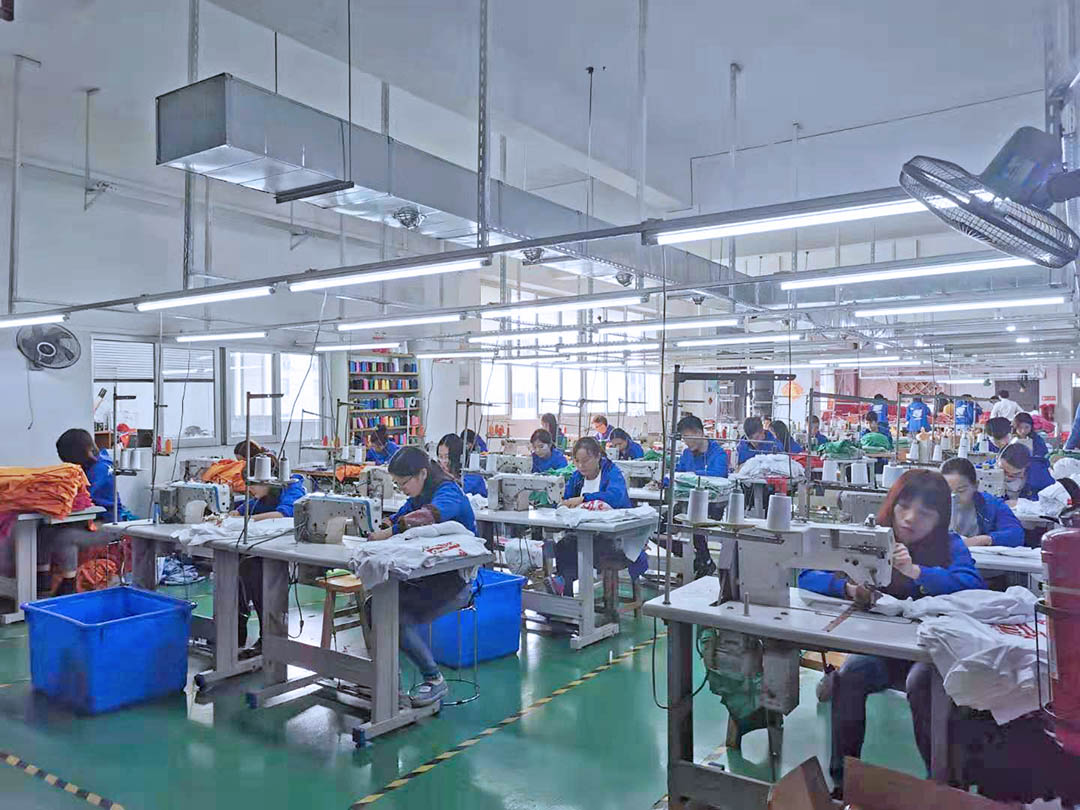

In an era where consumer preferences shift overnight and brands demand faster turnarounds, traditional OEM models built on “bulk order discounts” are becoming obsolete. For brands seeking to stay competitive, the ability to produce smaller batches with rapid response times—without sacrificing cost efficiency—is now a strategic imperative. This article explores how digital manufacturing, agile production workflows, and vertically integrated operations are reshaping textile OEM partnerships.
Gahumi’s innovative approach, which has enabled brands to slash lead times by 50% while maintaining quality across products like custom T-shirts, promotional towels, and advertising flags. For procurement managers and product directors, this shift isn’t just a trend—it’s the future of scalable, risk-averse manufacturing.
1. The Decline of Bulk-Order Reliance: Why “Small-Batch Fast Response” Is the New Norm
Global supply chain volatility and rising consumer demand for personalized products have forced brands to rethink volume-driven strategies. While bulk orders once guaranteed lower unit costs, they now carry hidden risks: excess inventory, design inflexibility, and missed market windows. For example, a brand launching a limited-edition canvas bag tied to a seasonal campaign can’t afford 12-week lead times or 10,000-unit MOQs.
Gahumi’s clients, however, leverage small-batch agility—producing 300–2 million units with a 15-day turnaround—to test markets, reduce waste, and iterate designs based on real-time feedback. This model aligns with North American and European brands prioritizing sustainability and lean inventory practices.
2. Gahumi’s Digital Production Framework: 3 Pillars of Speed and Precision
# Pillar 1: Modular Production Lines for Multi-Product Flexibility
Unlike factories siloed by product type, Gahumi’s 5,000 sqm facility features reconfigurable modules. The same production zone can pivot from sewing hats to printing towels within 48 hours, thanks to standardized workflows and cross-trained staff. This flexibility is critical for brands juggling diverse product lines (e.g., T-shirts + flags + golf towels) without needing separate OEM partners.
# Pillar 2: Real-Time Data Integration via ERP Systems
Gahumi’s ERP platform synchronizes every stage—from raw material procurement to final QC—ensuring transparency. For instance, if a client orders 1,000 embroidered caps, the system auto-allocates fabric from the in-house warehouse, schedules machine time, and tracks progress daily. Brands receive real-time updates, eliminating the “black box” of traditional manufacturing.
# Pillar 3: Automated Precision in Critical Processes
While avoiding overhyped “AI-driven” claims, Gahumi employs targeted automation to eliminate bottlenecks:
- Laser Cutting Machines: Achieve 99% fabric utilization for canvas bags, reducing waste and cost.
- Digital Rotary Printers: Apply complex designs to towels and T-shirts in 2 hours (vs. 8 hours for manual setups).
- IoT-Enabled QC Stations: Flag defects in real time, ensuring <0.5% error rates.
This blend of human expertise and automated precision enables Gahumi to guarantee 50% faster deliveries than industry averages.
3. Case Study: Reducing Lead Times for Promotional Textile Campaigns
A North American sportswear brand recently partnered with Gahumi to produce 3,000 custom flags and 2,000 moisture-wicking towels for a 30-day regional event. Traditional OEMs quoted 45 days, but Gahumi delivered in 22 days through:
- Parallel Processing: Printing and cutting flags while simultaneously sourcing towel yarn.
- Pre-Approved Material Banks: Using existing GOTS-certified cotton stock to bypass 10-day sourcing delays.
- -24/7 Shift Scheduling: Maximizing output without compromising worker well-being (WRAP-certified compliance).
The result? The brand met its launch deadline, sold 89% of inventory within three weeks, and avoided $18,000 in potential deadstock costs.
4. Why Vertical Integration Is Key to Small-Batch Success
Many OEMs rely on third-party suppliers for fabrics, dyes, or accessories—a major liability for tight timelines. Gahumi’s vertical integration ensures control over:
- Raw Material Sourcing: Partnerships with certified yarn and ink suppliers, with 60-day safety stock for high-demand items.
- In-House Printing & Embroidery: No outsourcing delays for logo application or color matching.
- End-to-End Quality Control: Every hat, bag, or T-shirt is inspected under one roof, avoiding post-production surprises.
This infrastructure allows Gahumi to accept orders as small as 300 units while maintaining per-unit cost competitiveness.
The Future of OEM Partnerships: Agility Over Volume
As brands face pressure to reduce carbon footprints and respond to hyper-localized trends, OEMs must prioritize adaptability. Gahumi’s digital model isn’t just about speed—it’s about building resilient partnerships where brands can:
- Scale On-Demand: Ramp up from 300 to 5,000 units without renegotiating contracts.
- Experiment Risk-Free: Test new designs in small batches before committing to mass production.
- Align with ESG Goals: Leverage WRAP certification and ISO 14001-compliant processes for eco-conscious positioning.
Why Choose Gahumi?
With 28 years of expertise, Gahumi Textile has redefined OEM manufacturing for the digital age. Our 300+ skilled technicians, coupled with a vertically integrated campus in China, empower brands to replace rigid bulk orders with agile, small-batch production—slashing lead times, minimizing risk, and maximizing ROI. Whether you’re sourcing premium golf towels or election campaign flags, Gahumi delivers precision, transparency, and speed that traditional factories can’t match.

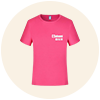 T-Shirt
T-Shirt
 Bag
Bag
 Flag
Flag
 Towel
Towel
 Cap
Cap

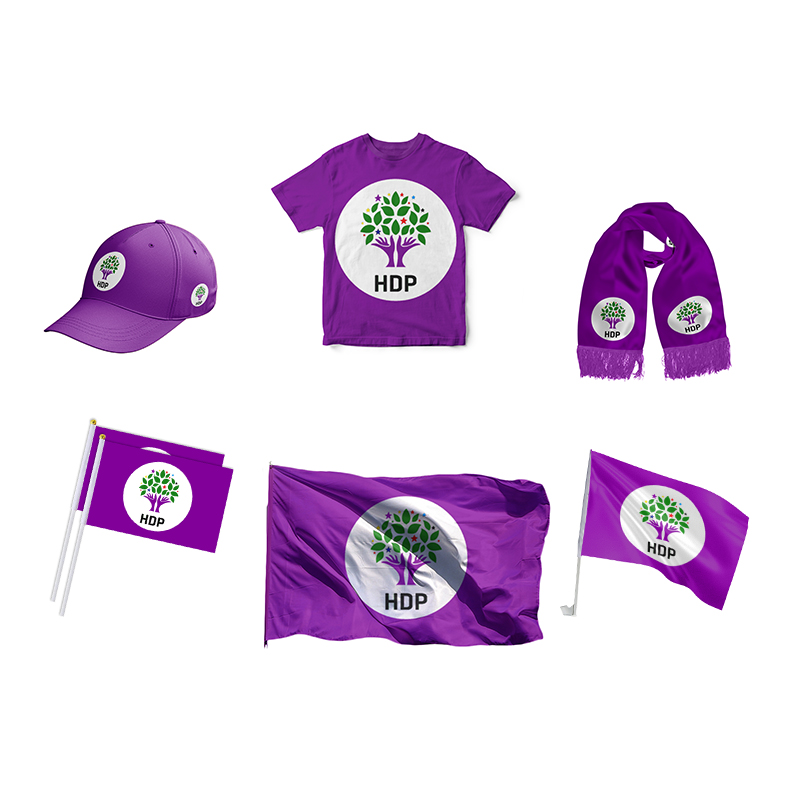
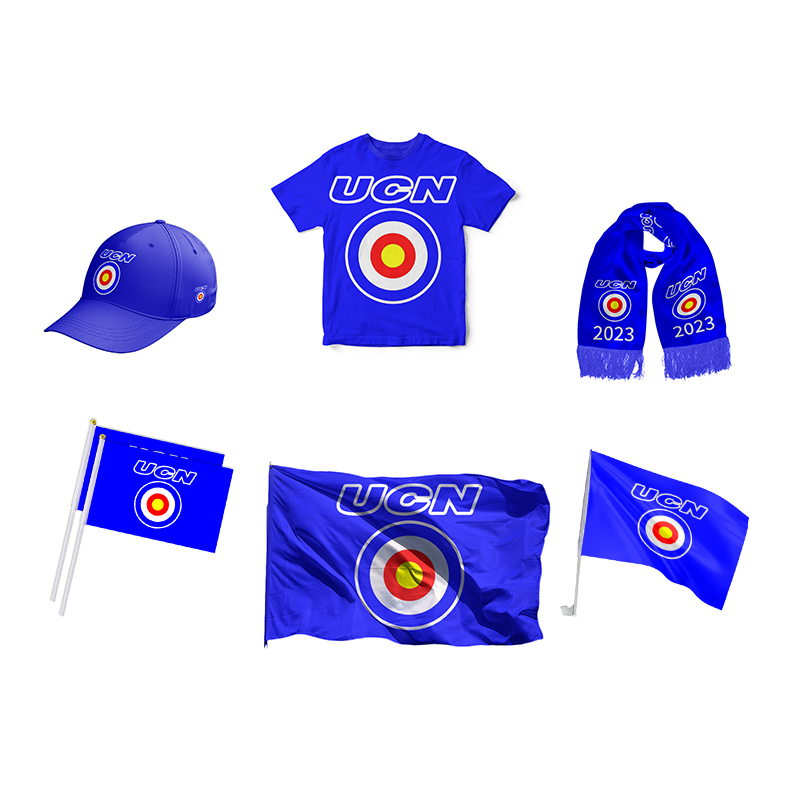
.jpg)

.jpg)



